Eritrea: Migration and right of asylum, interview with the Ambassador Fesshazion Pietros
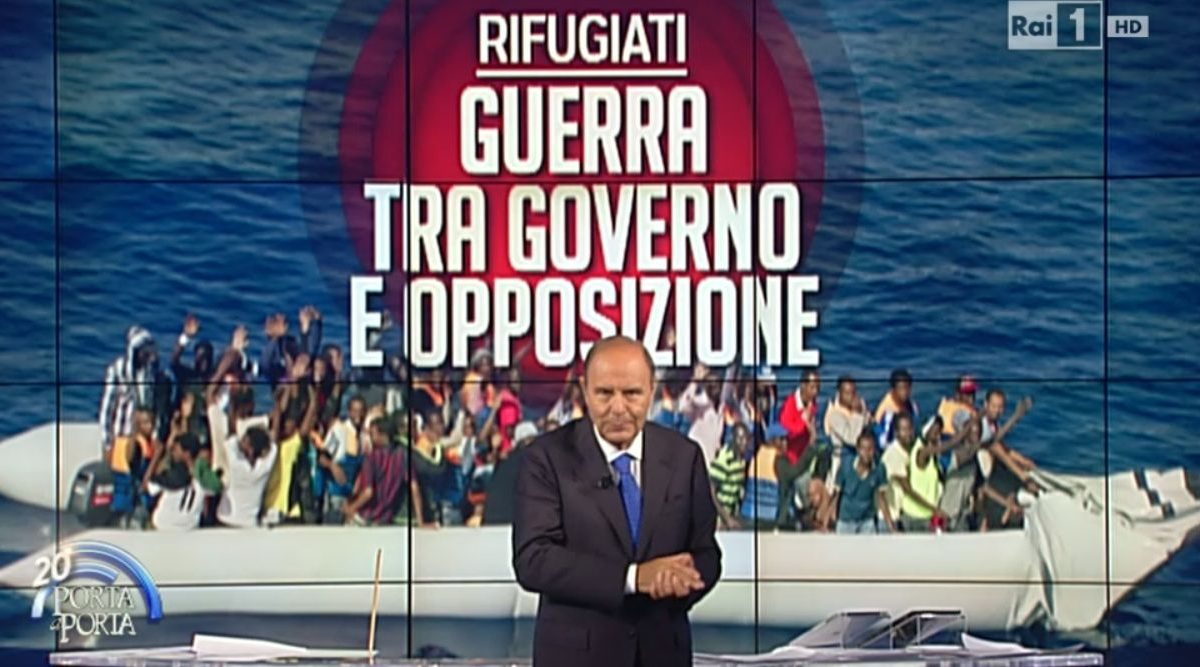
The Italian tv show Porta a Porta had a record high audience on 8th September for the presence in the tv studio of the Casamonica heirs, daughter and grandson [of Vittorio Casamonica], who explained the virtues of their deceased relative and its much criticised funeral.
The second half of the show, though, about “refugees, war between government and opposition” was also very interesting and had some surprises in store.
To introduce it, tv presenter Bruno Vespa, after presenting guests Giorgia Meloni (Fratelli d’Italia Party) and Emanuele Fiano (Democratic Party, in charge of institutional reforms and security) broadcasted the blunt declaration of Matteo Renzi, who, the evening before with reference to the number of immigrants in Italy had said: “we are not being invaded”. On the contrary, there is still space, there are 8.000 municipalities in Italy (five-thousands of which with less than three-thousand inhabitants), and only 500 are receiving migrants.
But who are the migrants crossing Italy and where do they come from? Mainly from Africa, from the eastern route, starting from Kenya, Uganda, South Sudan, Ethiopia, Somalia and Eritrea to reach Tripoli and sailing to Lampedusa, crossing the Mediterranean.
Trips, traffic and mafias, which we already know of, but cannot eliminate yet.
There are various reasons why these people leave their countries, facing dangers, risking death and paying traffickers. They flee, with their families and children, from disintegrated or inexistent states, or from the religious persecutions of Boko Haram in Nigeria and from war in Syria, which has made life impossible. But they also flee from poverty, on their own, to prepare a better future abroad, just as Europeans did once, who travelled from the poorer countries – still not united, to the richer ones to find work.
Angela Merkel declared that today “the issue of migrations is the biggest challenge for the European Union”.
Now the solution Europe must find is about the numbers and the way to receive, and about who can be accepted or rejected.
Therefore how many of these migrants, coming from such different countries can and must Europe receive?
In 2014, according to UNHCR records (United Nations High Commissioner for Refugees) 252.264 refugees arrived in France, 216.973 arrived in Germany, 142.207 in Sweden, 117.161 in the U.K., 93.715 in Italy and 82.494 arrived in the Netherlands. France accepted 20.640 of these request for asylum, Germany 47.555, Sweden 33.025, the U.K. 14.055, Italy 21.861 and the Netherlands accepted 13.250.
The question now is: “how to established new rules to give asylum, finding common guidelines, in the respect of the laws of each host country?”. First of all it is necessary to reform the Dublin Convention, which charged countries, like Italy with the burden of reception – countries, which are reached by sea, but which (it must be said) have by-passed the obstacle by allowing refugees to continue their journeys without being identified, thereby leaving the burden of reception to countries in Northern Europe.
The issue of rules for asylum is what was tackled during the show by MP Emanuele Fiano, who explained that, if on the one hand it is right to grant asylum to those fleeing from wars and persecutions, on the other hand it is necessary, before a decision is made, to know who emigrates and why.
“Only those coming from countries, whose conditions allow to verify their application” explains Fiano “are asylum seekers”, adding that it is not simple to understand whether a Nigerian migrant is fleeing from religious persecutions or from lack of work. In order to be able to do this, we need facilities, cultural mediators, interpreters.
Then there is another problem, continued Mr. Fiano, regarding international relations among countries and the possibility to reject who applies for asylum in Italy.
“For instance” said Fiano “Eritrea is a country under a military dictatorship – terrible executions and killings happen there, things you cannot even bear the sight of, raped women and children. But if we received asylum requests that we consider not acceptable, because they may come from a part of the country, which at a particular time is not subject to killings, what could we do? Do we have a relation with the Eritrean dictatorship? Could we sent back home people from that country? To repatriate people you need bilateral relations […] as with Tunisia. We have repatriated 30 thousands, because with Tunisia there is a diplomatic relation. It is not simple to repatriate when there are no diplomatic relations.
Interesting questions, which remained unanswered, and which EritreaLive has asked the Embassador of the State of Eritrea, Pietros Fesshazion.
Ambasciatore Fesshazion, on the issue of repatriations MP Emanuele Fiano said that it is difficult to repatriate people when there are no bilateral relations, but do these relations between Italy and Eritrea exist?
Of course, there are. Bilateral relations between Eritrea and Italy have always existed, in fact last year Italian vice minister for Foreign Affairs Lapo Pistelli, with a delegation, visited Eritrea and had talks with Eritrean Authorities. This year, in April I believe, another delegation arrived, comprising many people from the Italian Ministry for Foreign Affairs, political department, co-operation, immigration and culture.
Then there are the respective embassies in Asmara and in Roma, but this is something everyone knows. I have meetings at the MAE [Ministry for Foreign Affairs] without difficulties, also with people who deal with Africa. Therefore I cannot understand what Mr. Fiano means when he says that there are no bilateral relations. Another important point, in which Eritrea participated, was starting the Khartoum Process, which started in Sudan in October 2014 and continued in Rome in November last year.MP Fiano said that in Eritrea executions, killings and rapes of women and children happen, is this the situation in Your country?
With due respect for MP Fiano, I am sorry, but he is talking about something he does not know about, he speaks from hearsay. All the vileness he talks about does not regard Eritrea, maybe another imaginary country. Eritrea has its problems, like any other country, in Africa and in other parts of the world, but what he is describing is not our country, it is a country as it is imagined to be like and as it has been described by defamatory campaigns against Eritrea for eight years, which leave their mark also on high level people, members of parliament who, like Mr. Fiano, take for granted what the press says. Eritrea is a country which wants to be self-reliant and tries to be independent in political decisions. And certain powers, which have launched disinformation and defamation campaign, which have lasted for years, do not like this.
If Italy did not recognise the right of asylum to Eritrean applicants, because the country is not at war, because they are not persecuted for religious or political reasons, what would happen if they are repatriated?
Nothing would happen. I can say this for sure because many Eritreans come back to their country; also those who have obtained political asylum in Scandinavian countries come back to their country during the Summer and nothing happens to them. I would like to stress that the report of Denmark is clear: the Danish Immigration Service (DIS) says that 99.9% of Eritreans arriving in Europe emigrates because the country is in a very difficult economic state, adding that if they come back nothing happens. The British Home Office guidance (report, February 2015) confirmed this, as well as Norway, since it has realized that once political asylum has been obtained Eritreans go back home without anything happening, in the ‘travel documents’ they issue they have excluded Eritrea. People who come back to Eritrea do not risk anything, as long as they have not been previously been convicted of crimes. Because there are some criminals, too.
In your opinion, Eritreans who reach Italy apply for asylum or hope not to be identified in order to continue their journey toward other European countries?
As I was saying, if you apply for political asylum you do this in the first country where you arrive, because your own safety would be at stake, if you are a political refugee. But if you choose a country with better economic prospects, you are not interested in the first country where you arrive, you proceed towards countries, which offer you more from an economic perspective. That is why Italy is only a transition country, where no-one remains. In fact, they escape from the facilities where they are accommodated to prevent the police from taking their fingerprints, they do not want to be identified in order to proceed toward Northern Europe. May I add that I am sorry that individuals representing the Italian people, who have responsibilities towards their voters denigrate a Country, without knowing how things really are, speaking from hearsay, as in this case.
Therefore, if it is legitimate that Europe questions itself on the numbers of people to be received – bearing in mind that 86% of refugees is received by third-world countries according to UNHCR sources – it would be beneficial if politicians who pose these questions had a first-hand knowledge of the countries they talk about.
Maybe Europe ought to remember what Jürgen Habermas wrote twenty years ago: “But who has a right to immigration in general? […] It is evident that for refugees fleeing from a civil war there is a right to receive temporary asylum. But the vast majority of those who intend to emigrate has always been composed of, starting from the discovery of America, and even more so since the explosive increase in world-wide emigration during the nineteenth century, both by immigrants looking for jobs, and by refugees fleeing from poverty, who all aim to escape from the misery they suffered in their homeland”.
This is the immigration that Europe can stop, replacing what Habermas defined “European welfare chauvinism” with a supportive policy, helping the countries where refugees come from in search of a better life.
Marilena Dolce
@EritreaLive
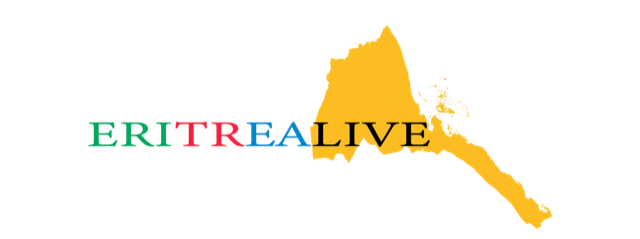
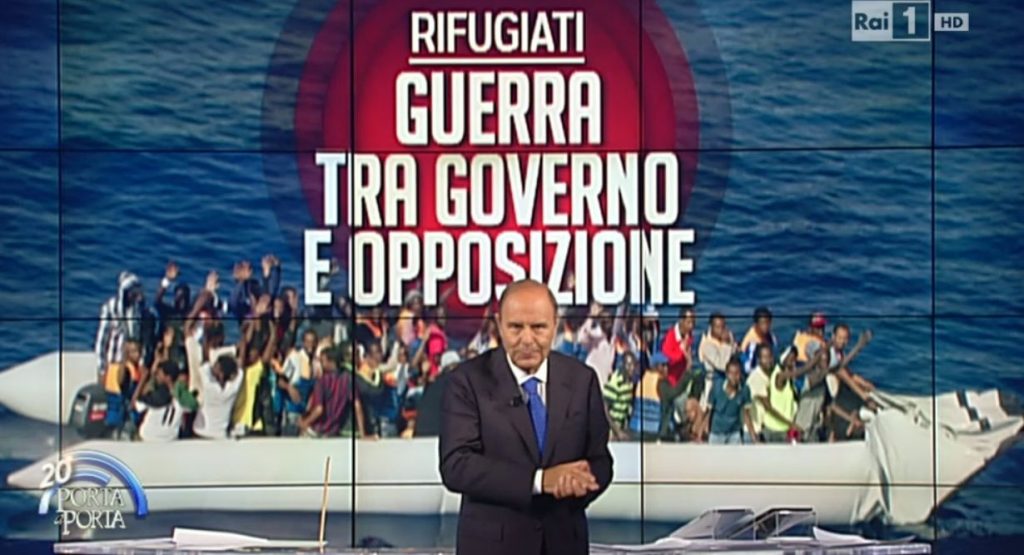
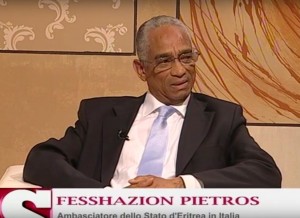
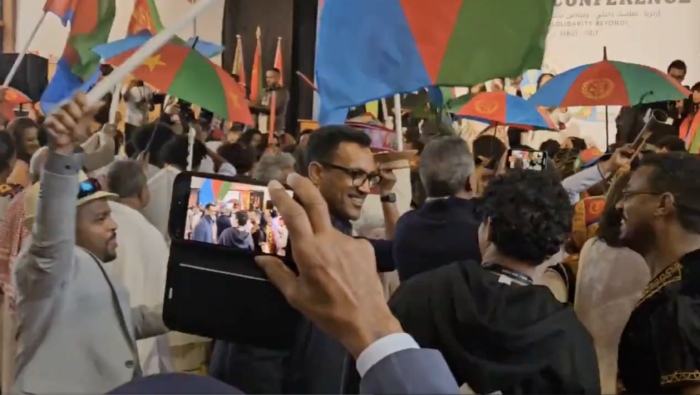


Lascia un commento